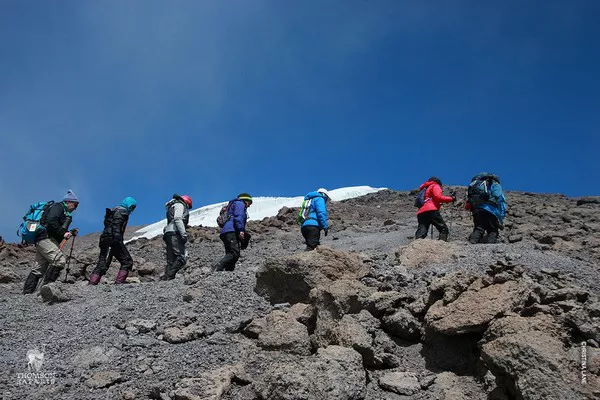Mountain walking, often referred to as hill walking or hiking, is a captivating outdoor activity that allows individuals to immerse themselves in nature’s grandeur. It involves traversing various terrains, from gentle slopes to rugged peaks, and is enjoyed by outdoor enthusiasts seeking adventure, physical challenge, and the chance to experience stunning landscapes firsthand. In this article, we delve into the essence of mountain walking, exploring its benefits, essential skills, safety considerations, and the joy of connecting with nature.
The Essence of Mountain Walking
At its core, mountain walking is about exploring the great outdoors on foot, often in remote and elevated locations. Unlike more extreme forms of mountaineering that require technical skills and specialized equipment, mountain walking can be accessible to a wide range of individuals with varying levels of experience and fitness. It’s an activity that blends physical exertion with the rewards of breathtaking scenery, offering a chance to disconnect from the hustle of daily life and reconnect with nature.
Benefits of Mountain Walking
Engaging in mountain walking provides numerous physical and mental benefits. Physically, it’s an excellent form of cardiovascular exercise that strengthens the heart, lungs, and muscles. Uphill climbs engage the lower body muscles, such as calves, thighs, and glutes, while downhill descents challenge balance and coordination. Over time, regular mountain walking can improve endurance and overall fitness levels.
On a mental and emotional level, mountain walking offers a respite from urban noise and digital distractions. The tranquility of natural surroundings can reduce stress, promote mindfulness, and boost mood. Research has shown that spending time in nature can have profound effects on mental well-being, leading to reduced anxiety and increased feelings of happiness and relaxation.
Skills Required for Mountain Walking
While mountain walking doesn’t demand advanced technical skills, certain abilities and knowledge are essential for a safe and enjoyable experience:
1. Navigation: Basic map reading and compass skills are crucial for route finding, especially in areas with complex terrain or limited visibility due to weather conditions.
2. Fitness: A reasonable level of physical fitness is necessary, particularly for longer or more challenging routes. Building endurance through regular exercise can enhance stamina on the trail.
3. Equipment: Comfortable and appropriate clothing, sturdy footwear, a backpack with essentials like water, snacks, and a first aid kit are essential. Depending on the terrain and weather, additional gear like trekking poles or waterproof layers may be necessary.
4. Safety Awareness: Understanding potential hazards such as changing weather conditions, wildlife encounters, or difficult terrain is vital. Knowing when to turn back or seek shelter is part of responsible mountain walking.
Safety Considerations
Mountain environments can be unpredictable and demanding. Safety should always be a priority when planning a mountain walk:
1. Weather Awareness: Check weather forecasts before setting out and be prepared for sudden changes. Dress in layers to adjust to temperature variations.
2. Tell Someone Your Plans: Inform a friend or family member of your intended route and expected return time.
3. Stay Hydrated and Nourished: Carry sufficient water and snacks to maintain energy levels during the hike.
4. Respect Nature: Leave no trace of your visit, adhere to local regulations, and avoid disturbing wildlife.
Connecting with Nature
One of the most profound aspects of mountain walking is the opportunity to connect intimately with nature. Surrounded by vast landscapes, towering peaks, and diverse ecosystems, walkers experience a sense of awe and wonder. Observing wildlife, from birds soaring overhead to elusive mountain goats, adds to the magic of the journey. The simple act of breathing fresh mountain air can be revitalizing, offering a chance to appreciate the beauty and fragility of our natural world.
Conclusion
Mountain walking is more than just a recreational activity; it’s a gateway to exploration, physical challenge, and personal discovery. Whether venturing solo or in the company of fellow enthusiasts, the experience of walking through mountains can be transformative. It encourages a deeper connection with our environment, promotes physical well-being, and instills a sense of adventure and respect for nature. As you lace up your boots and set out on your next mountain adventure, remember to embrace the journey with mindfulness and appreciation for the remarkable landscapes that await.

